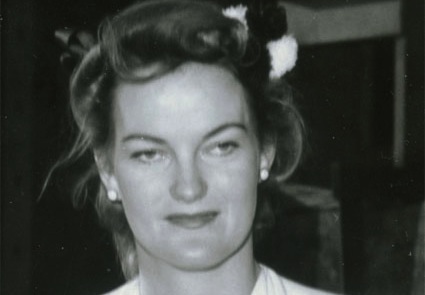Above: Doris Duke
The Poorest Rich Kids in the World
Sabrina Rubin Erdely | Rolling Stone | August 2013 | 38 minutes (9,653 words)
Sabrina Rubin Erdely (@sabrinarerdely) is a contributing editor at Rolling Stone.
I often deal with interview subjects who tell variations of the truth. People don’t usually out-and-out lie, although that happens from time to time. But memory is a flimsy thing. Even a clear-eyed subject gets details wrong: The sequence of events is off, a sweater was blue and not green, that sort of thing. And then there are those people whose emotions or perspectives have put a filter on their recollections, skewing it this way or that.
The teenage twins Georgia and Patterson Inman, heirs to the Duke fortune, were like an exponential version of that latter category. Their memories had been so warped by trauma that they actually couldn’t separate fact from fiction. I’d never encountered anything like it: Two people with shared memories of events which, to them, felt authentic—and much of which did check out as true—but some of which was implausible, and a few which turned out to be false. It was as though their minds were designed less for record-keeping, and more for coping with their tremendous pain—flexible tools which were bending in all directions in an effort to make sense of their pasts.
When I realized the way the twins were interweaving fact and fiction, with no clue they were doing so, I panicked. Double-sourcing wasn’t going to be enough to report this story; I needed to rethink my reporting methods, as well as the way I approached the writing, relying heavily on documents and secondary sources, and opting to include bits of questionable material as evidence of the kids’ shaky states of mind. After the article was published, the twins were worried I’d portrayed them as “liars,” which couldn’t have been farther from my intention. I know they had told me nothing but the truth, as best they could.
Photo: Duke University Library






 Get the Longreads Weekly Email
Get the Longreads Weekly Email